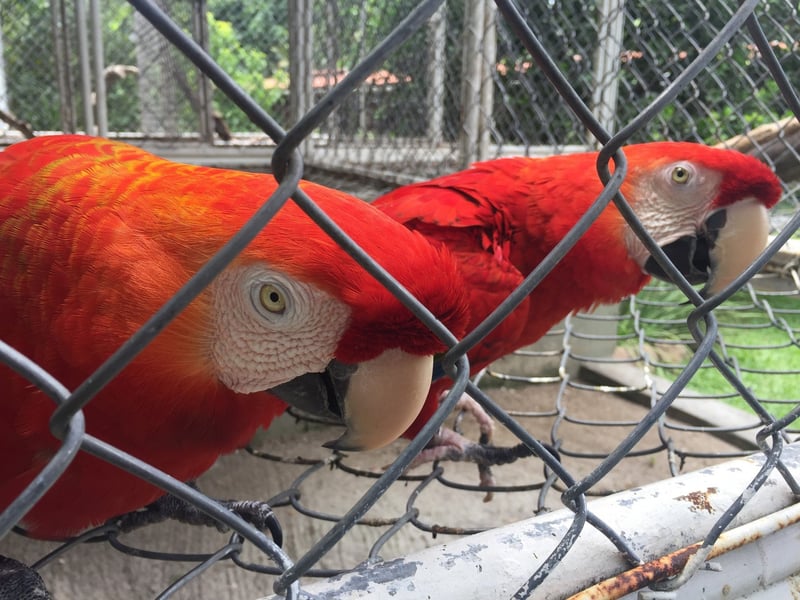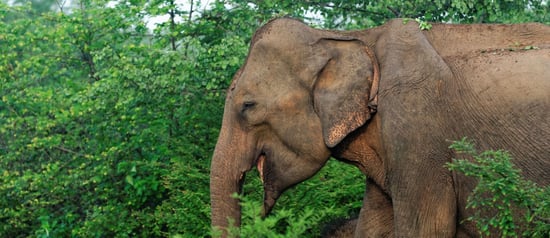
G20 Leaders' Declaration: pledge to stop pandemics but no mention of global wildlife trade
News
Prime Minister Scott Morrison and other G20 global leaders met for the G20 Leaders’ Summit in Saudi Arabia this weekend. Despite more than 1 million of you calling for an end to the cruel, dangerous global wildlife trade which caused Covid-19, there was no clear agreement to end it
The G20, made up of 19 countries and the EU, has pledged to ensure that pandemics like COVID-19 never happen again by committing to "advancing global pandemic preparedness, prevention, detection, and response" and they acknowledge “the need for long-term solutions to address gaps in global pandemic preparedness and response".
The agreement by G20 leaders is a partial first step towards reducing the risk of future diseases and pandemics of wildlife origin.
However, it falls short of the urgent action needed to end the global wildlife trade – which increases the risk of disease transmission from wild animals to humans due to exploitation and the cruel, unacceptable conditions wild animals are often forced to exist in.
 Image credit: Arief Budi Kusuma / shutterstock.com
Image credit: Arief Budi Kusuma / shutterstock.com
No mention of the cause of coronavirus
We are dismayed that the leaders did not address wildlife trade, even though the G20 Agriculture Ministers recently acknowledged the need to assess the link between the wildlife trade and pandemics.
The Leaders’ Declaration also acknowledges the importance of “safeguarding our planet and building a more environmentally sustainable and inclusive future for all people”, and encourages more sustainable practices in tourism, which "safeguard the planet".
But it is vital that a global wildlife trade ban, including a ban on wildlife being used in entertainment, is included in any related measures.
The fight is not over
Our petition, signed by over 37,000 Australians and 1 million supporters around the world, and our campaign, supported by world-leading wildlife experts including Dame Jane Goodall, have shown that there is huge public support for banning the commercial global wildlife trade. Forever.
G20 global leaders have shown that they are listening, but they need to go further to demonstrate that they’re taking the threat of future pandemics seriously.
All eyes on Italy
Italy is hosting the G20 Leaders’ Summit in 2021, so we’re now looking to the Italian Presidency to acknowledge that human and animal health are inextricably linked, and to ensure that the G20 take the crucial next steps to make a global wildlife trade ban a reality in 2021.
We will continue to work with the G20 to hold them accountable to their promise to prevent future pandemics, reminding them of the need to establish a global wildlife trade ban. Together, we can end the wildlife trade. Forever.
G20 global leaders have shown that they are listening, but they need to go further to demonstrate that they’re taking the threat of future pandemics seriously.
Wildlife trade
Global wildlife trade is an inhumane industry that cruelly exploits our planet’s wildlife for financial gain.
Our wildlife work
Around the world, wild animals are being exploited. They’re hunted down, trapped and farmed in captivity, all to be sold and abused for entertainment, medicine, fashion, pets and products.

